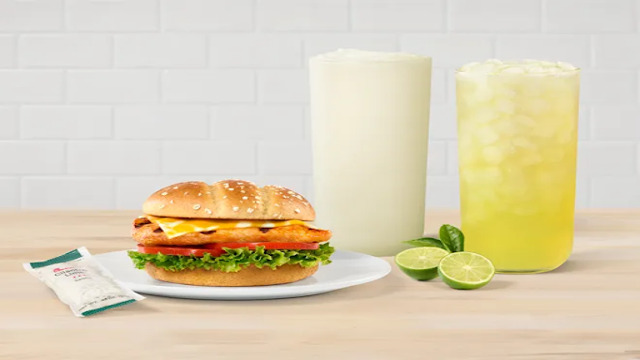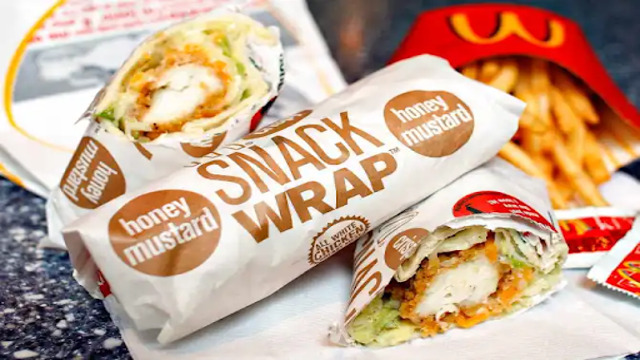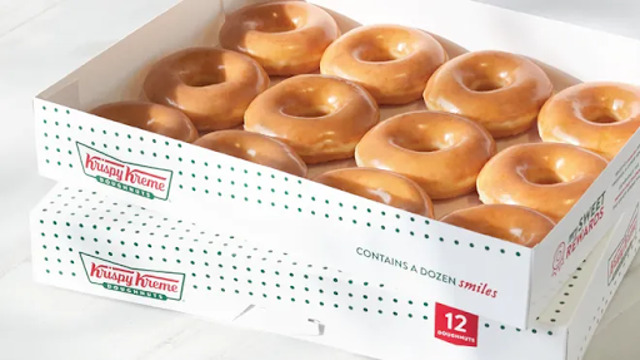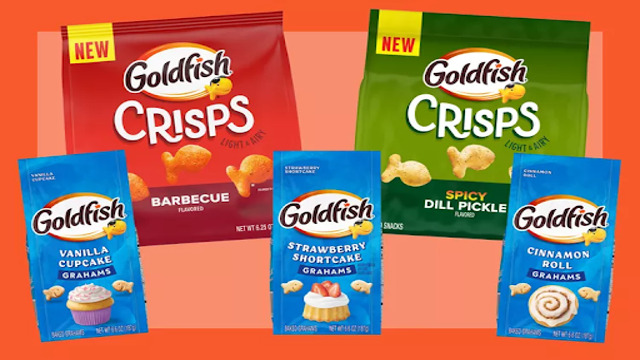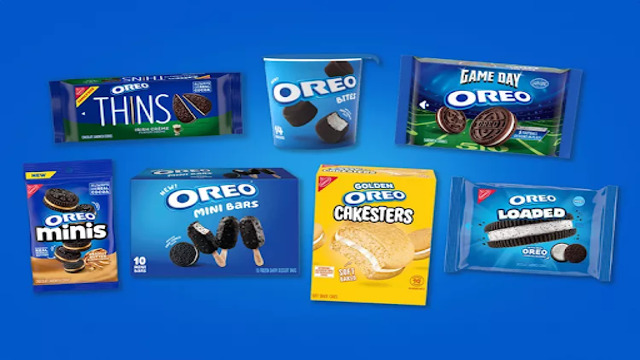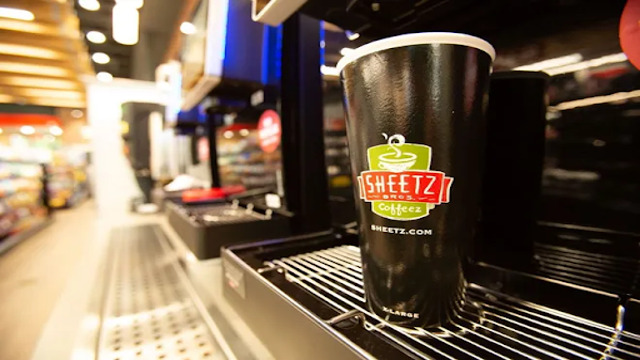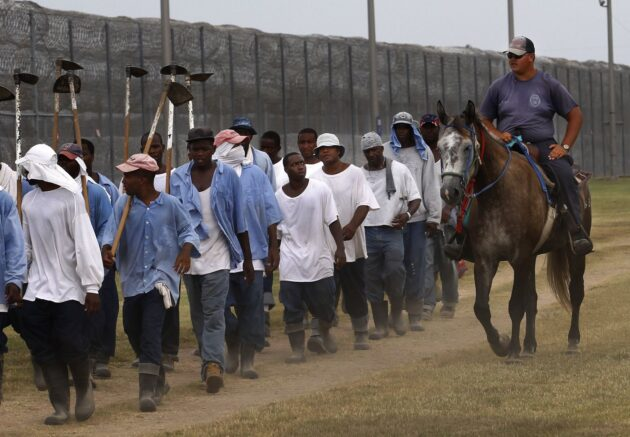
Unraveling the web of prison labor in U.S. agriculture, our investigation exposes ties to major brands, sparking ethical concerns in the food industry. (AP Photo/ Gerald Herbert)
In the heart of the American South, a former plantation turned maximum-security prison serves as an unexpected origin for the journey of food to the nation's tables. Unmarked trucks, laden with cattle raised within the Louisiana State Penitentiary, roll out where incarcerated men endure hard labor for minimal wages or none at all. The path winds through auctions and slaughterhouses, ultimately connecting to the supply chains of major corporations such as McDonald’s, Walmart, and Cargill, according to a comprehensive two-year investigation by The Associated Press (AP).
This intricate network, unveiled by the AP, intertwines some of the world's largest food companies and renowned brands with the labor of U.S. prisoners. These individuals, among America's most vulnerable workers, face potential repercussions, including jeopardized parole or solitary confinement, if they refuse to engage in these labor-intensive activities. Despite their contributions, they are often excluded from basic protections afforded to other full-time workers, even in cases of severe injury or death on the job.
The products resulting from this prison labor find their way onto the shelves of everyday American kitchens, from cereals like Frosted Flakes to popular brands such as Coca-Cola and Gold Medal flour. Notably, some of these goods are also exported, reaching countries that have faced import bans due to the use of forced or prison labor.
Surprisingly, many companies directly purchasing from prisons are violating their own policies against such labor. However, this practice remains legal, rooted in historical necessities for labor to rebuild the Southern economy post-Civil War, as sanctioned by the 13th Amendment, which bans slavery and involuntary servitude except as a punishment for a crime.
Efforts to challenge this constitutional clause are underway at the federal level, and various states are expected to address similar language in their constitutions this year. In some instances, prisoners work on the same land where slaves toiled over 150 years ago, with current scenes reminiscent of the past, particularly in Louisiana, a state with a high incarceration rate.
The surge in the U.S. prison population, beginning in the 1970s, has given rise to a multibillion-dollar prison labor industry, extending beyond traditional images of inmates producing license plates or engaging in roadwork. Although agriculture represents a small fraction of the overall prison workforce, the AP's analysis traced nearly $200 million worth of sales of farmed goods and livestock to businesses over the past six years, excluding sales to state and government entities.
Correctional officials argue that not all prison work is forced, emphasizing the savings for taxpayers and the potential for skill development among prisoners. Despite these claims, critics maintain that incarcerated individuals should be paid fairly, treated humanely, and that work should be entirely voluntary. They also highlight the lack of protections and the perilous nature of many prison labor assignments.
In addition to providing a cheap and reliable workforce, companies engaging in prison labor sometimes receive tax credits and financial incentives. These incarcerated workers, however, typically lack fundamental protections, including workers' compensation and adherence to federal safety standards, and face unsafe conditions in industries grappling with severe labor shortages.
The AP delved into thousands of documents and interviewed over 80 current or formerly incarcerated individuals, uncovering cases of serious injuries, deaths, sexual harassment, and abuse in prison labor settings. The investigation revealed the extensive presence of U.S. prison labor in the supply chains of goods shipped globally through multinational companies, even to countries facing import bans due to forced or prison labor.
Major commodity traders, including Cargill, Bunge, and Archer Daniels Midland, with combined annual revenues exceeding $400 billion, have been implicated in buying millions of dollars' worth of agricultural products directly from prisons, competing with local farmers. While some companies acknowledged sourcing from prison farms, others did not respond to queries.
The intricate web of prison labor also involves work-release programs, allowing prisoners to be employed outside the correctional facilities. These programs, touted as beneficial for skill development and taxpayer savings, face criticism for exploiting incarcerated individuals. The AP followed transport vans carrying prisoners to various work assignments, exposing the breadth of this shadow workforce.
The business of prison labor is vast and complex, often making it challenging to trace the flow of money. Some agricultural programs run at a deficit, leading to investigations into potential corruption, mismanagement, or inefficiency. Work-release programs emerge as major revenue generators, with low overhead costs benefiting both the state and employers.
Despite the challenges in tracking this system, the AP's investigation highlights the prevalence of prison labor in the American food industry, shedding light on a shadowy world of exploitation and questionable practices that persist despite changing times. As the nation grapples with issues of equity and justice, the revelations from this investigation prompt a closer examination of the ethical implications surrounding the use of prison labor in the modern food supply chain


